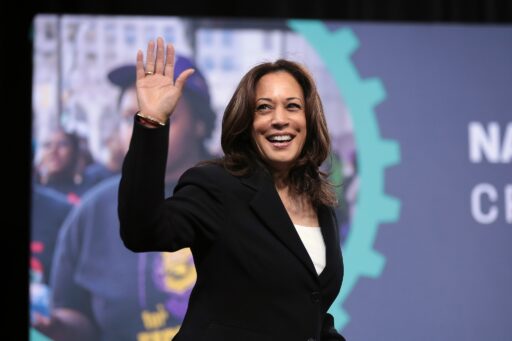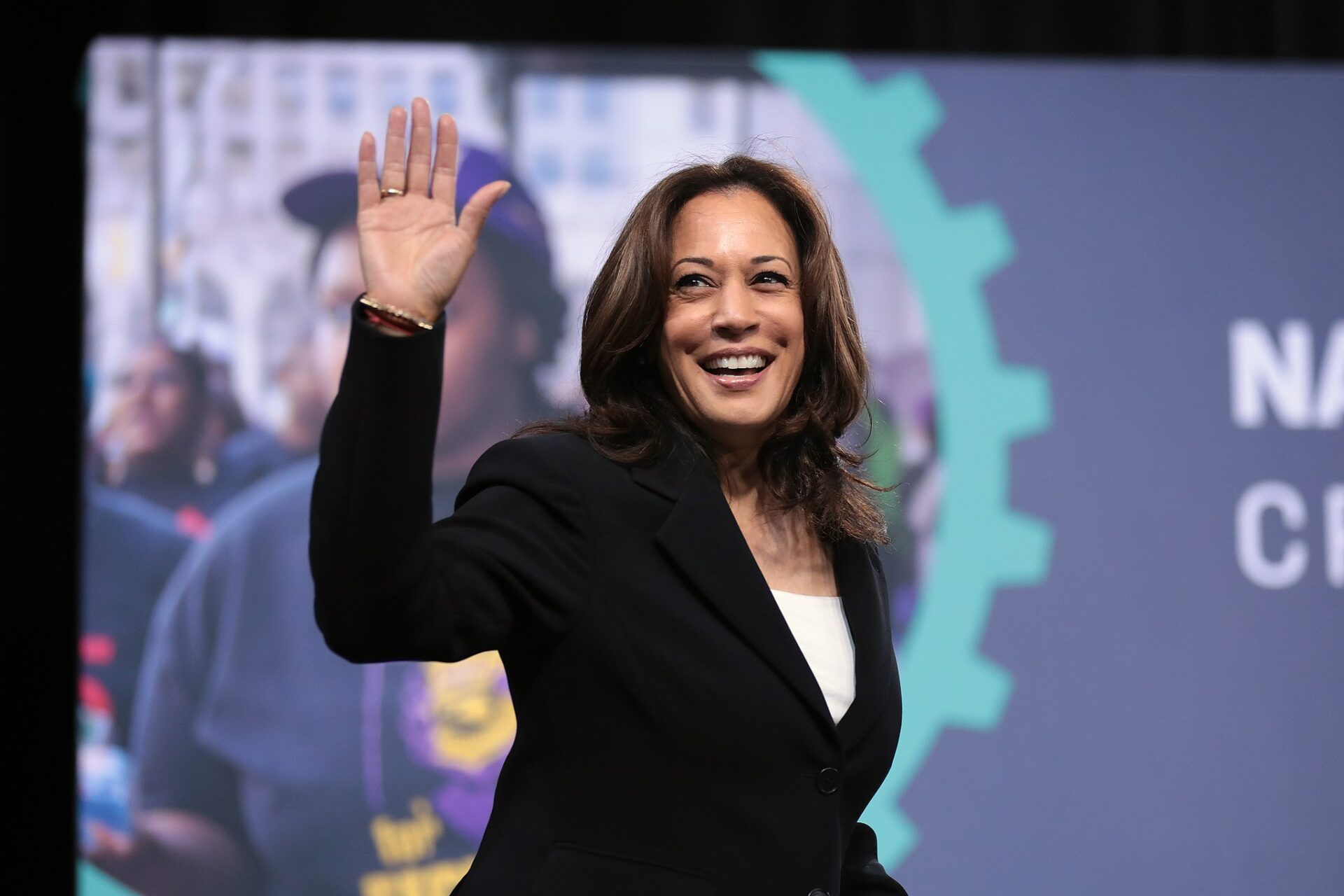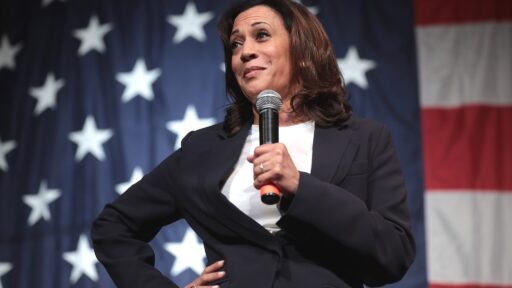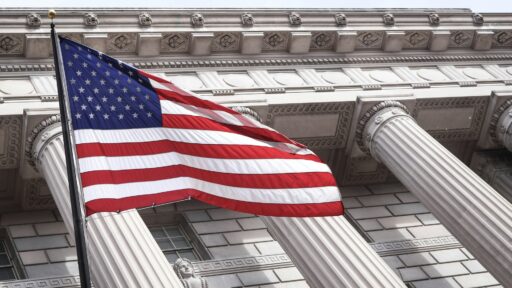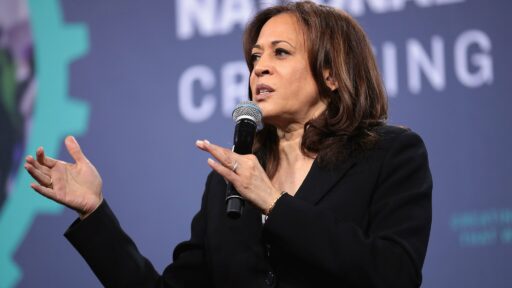Kamala Gets An Unexpected Boost
Vice President Kamala Harris, who is now the likely Democratic nominee following President Joe Biden’s withdrawal from the 2024 presidential race, has seen a notable surge in voter confidence regarding economic management. A recent poll by the Financial Times, conducted in partnership with the University of Michigan Ross School of Business, reveals that 42 percent of voters believe Harris would better handle the economy, narrowly surpassing Donald Trump, the GOP nominee, who has 41 percent support on economic issues.
The significance of the economy in the 2024 election cannot be understated, as it remains a top priority for many voters. Harris, having taken the lead on the Democratic ticket after Biden’s exit on July 21, has made substantial strides in economic polling. This poll, which surveyed 1,000 registered voters from February through August, shows a 7-point increase in support for Harris compared to Biden, putting her slightly ahead of Trump. This is the first monthly poll in nearly a year to show Harris leading Trump on economic matters.
The recent Morning Consult poll of about 5,000 registered voters further supports Harris’s rising profile, showing her in a stronger position on housing and closing the gap with Trump on issues like unemployment, taxes, and overall economic management. Historically, Republicans have performed better in economic-related polls, and recent data from YouGov indicated that only 29 percent of respondents favored Harris over Trump on inflation, with 43 percent backing Trump.
A Harvard Youth Poll from April highlighted that young voters prioritize inflation when selecting a president, with Democrats showing more confidence in Harris’s ability to manage inflation compared to Republicans, who largely favor Trump.
Despite these gains, Harris faces challenges. The Biden administration has faced criticism for its economic policies, particularly regarding persistent inflation despite the Federal Reserve’s efforts to control it. Additionally, the July jobs report showed only 114,000 new jobs and a rise in unemployment to 4.3 percent, factors that could undermine Harris’s bid for the presidency.
Critics argue that Trump’s economic successes may have been more attributable to pre-existing trends from the Obama era rather than his own policies. Alex Beene, a financial literacy instructor at the University of Tennessee at Martin, suggests that the recent improvements in Harris’s poll numbers might reflect initial excitement rather than a lasting shift in voter sentiment.
In summary, while Kamala Harris has gained momentum in economic polling, the overall impact on the election remains uncertain, with economic conditions and voter perceptions continuing to evolve.


